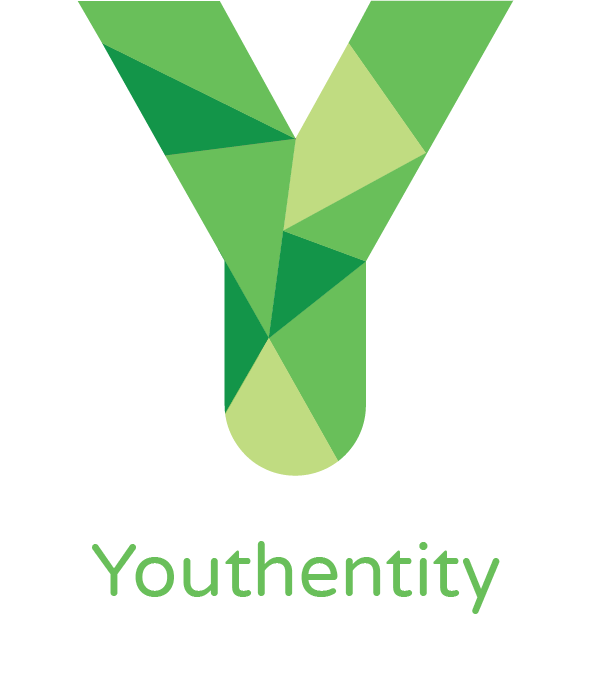Youthentity column: Early career and financial planning take the fear out of the future
Few life events produce the unique existential dread of being a directionless high school senior. If you remember those days as I do, you may recall a certain buzz among the senior class as fellow students made plans to attend college or obtain other post-high school education or prepared to head directly into the workforce. It can be an intimidating time.
As a college-bound senior who knew where I would be heading in the fall (a state university) and what I would be doing (taking intro classes for my chosen major in speech pathology), I’m still blown away by how much I didn’t know and hadn’t factored into this vague and loosely crafted plan for my life. How much would my degree cost? What were the salary projections for my field? Were job opportunities plentiful or competitive?
After two years I realized that, 1. A graduate degree would be required to become a practicing speech pathologist, 2. I had no interest in graduate school, and 3. I wasn’t interested in my classes or the field. Ultimately I switched majors, took summer classes in order to graduate on time, and received a degree in a field that utilized my strengths and interests — but this journey was not without its stresses (not to mention wasted time and money).
The lesson learned: While heading into the real world armed with only baseline knowledge and a nebulous goal is better than no plan at all, it still isn’t great.
At Youthentity, our mission is to prepare students for life as independent adults. We believe that young people should have the knowledge they need to make informed decisions about their careers and finances, and we recognize that when it comes to achieving success, financial literacy and early career exploration are intertwined.
We recently rolled out two pilots of our new high school career planning program, High Five Your Life, which guides students in fine-tuning career plans with thorough research and financial education. The program is both a life planning and financial literacy class for high school students and aims to provide them with the tools for success.
What should kids understand before taking that giant leap into independent adulthood and career planning? In preparation for their post-high school life, the High Five Your Life workshop takes students through the following steps:
Discovery: Students determine their “work personality” and how that evaluation translates into different job zones. They consider different career options which match their personality and interests.
Career research and introduction to finances: Financial aspects of job certifications and higher education are researched, including understanding take home pay and how to evaluate total compensation; lifetime wage growth is studied. Students also work through an exercise on compound interest as it is applicable to student loans and retirement savings.
Career path comparison: Students research three jobs and do side-by-side comparisons in terms of certification/education, wage prospects, industry growth and opportunity, and other aspects.
Career costs: Students determine the cost of different career paths and create a plan for how they will pay for it and develop a case study scenario of obtaining the same degree at two different schools (public vs. private).
Personal budgeting: Students develop a living expense budget — rent, car insurance, utilities, health care and other life expenses are calculated for a clear picture of monthly and annual expenses.
In “The Psychology of Money,” author Morgan Housel states, “An underpinning of psychology is that people are poor forecasters of their future selves.” While this is true, with a little purpose and planning, young people can prepare for the path that lies ahead (and be ready for inevitable curveballs). Our hope is that career discovery and personal finance education becomes standard in high school curriculums everywhere and can help all students — not only those who are college-bound — to determine a direction to fulfilled futures.
We’ll never stop repeating this: real-world skills — in tandem with early exposure, preparation, and planning — are critical to success.
